Goodnight, Sleep Tight: The Snackable Guide To Melatonin Rich Foods For A Good Night's Sleep!
Say goodbye to restless nights and hello to sweet dreams. Discover the tasty, natural way to improve your sleep with these melatonin-rich foods.
What is Melatonin?
A good night's sleep is essential for overall health and well-being, and one of the key regulators of our sleep-wake cycle is the hormone melatonin.
Melatonin is a hormone that is produced by the pineal gland in the brain and is responsible for signaling to the body when it is time to sleep. Melatonin production is triggered by darkness and suppressed by light, so factors such as exposure to artificial light and jet lag can disrupt melatonin levels and disrupt sleep patterns. A lack of melatonin or disruptions in melatonin production can lead to insomnia, restlessness, and other sleep-related issues.
In this article, we will be focusing on the various foods that contain high levels of melatonin, and how incorporating them into our diets can improve the quality of our sleep. Incorporating these foods can help you get the restful and rejuvenating sleep your body needs to function at its best.
Factors That Affect Melatonin Production And Secretion:
Melatonin production and secretion are regulated by several internal and external factors. Some of the main factors that affect melatonin levels include:
- Light exposure: Melatonin production is triggered by darkness and suppressed by light. This means that exposure to artificial light, such as from electronic devices, can disrupt melatonin levels and disrupt sleep patterns.
- Age: Melatonin production decreases as we age, which can lead to sleep-related issues in older adults.
- Stress: High levels of stress can disrupt melatonin production and secretion, leading to insomnia and other sleep-related problems.
- Medications: Certain medications, such as antidepressants and blood pressure drugs, can affect melatonin production and secretion.
- Jet lag: Traveling across different time zones can disrupt the body's internal clock, leading to disruptions in melatonin production and secretion.
- Shift work: Working irregular hours, such as night shifts, can also disrupt melatonin production and secretion, leading to sleep-related problems.
By understanding the factors that affect melatonin production and secretion, we can make adjustments to our lifestyles to help regulate melatonin levels and improve the quality of our sleep. This can include things like limiting exposure to artificial light before bed, reducing stress, and being mindful of the medications we take.

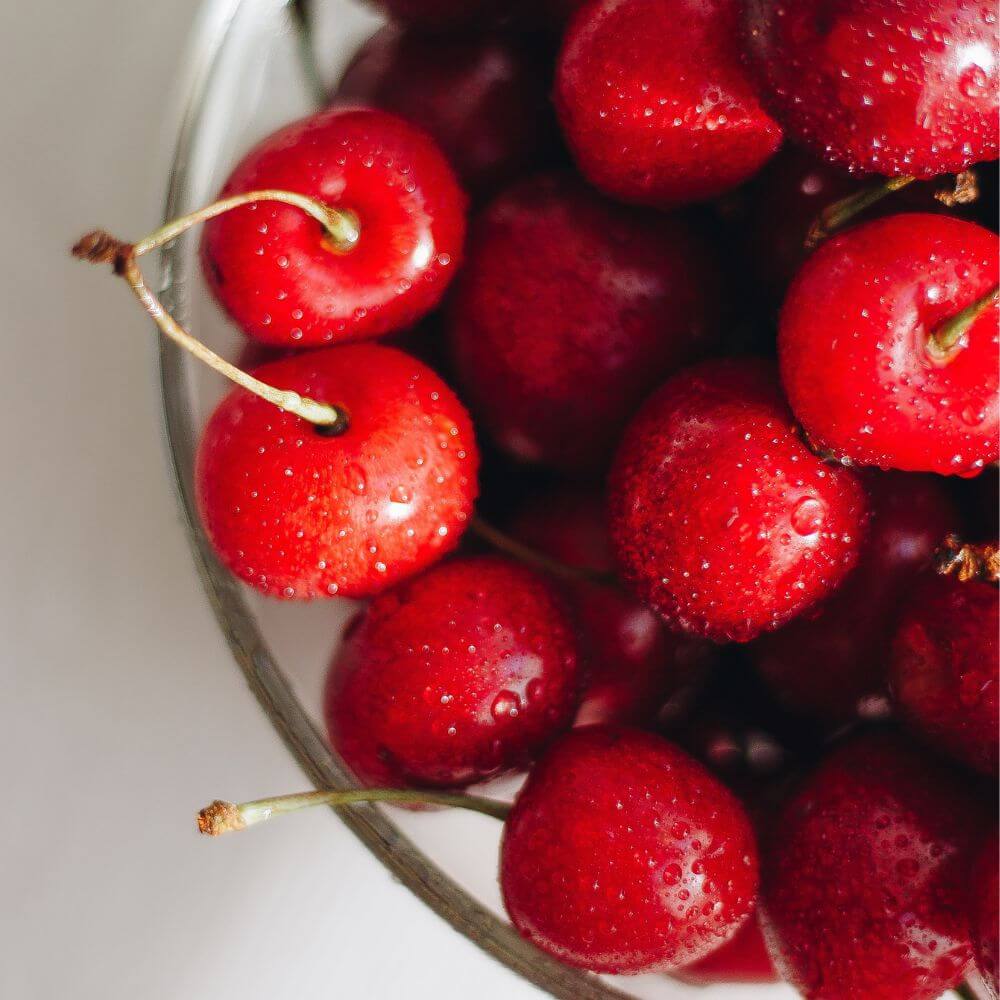
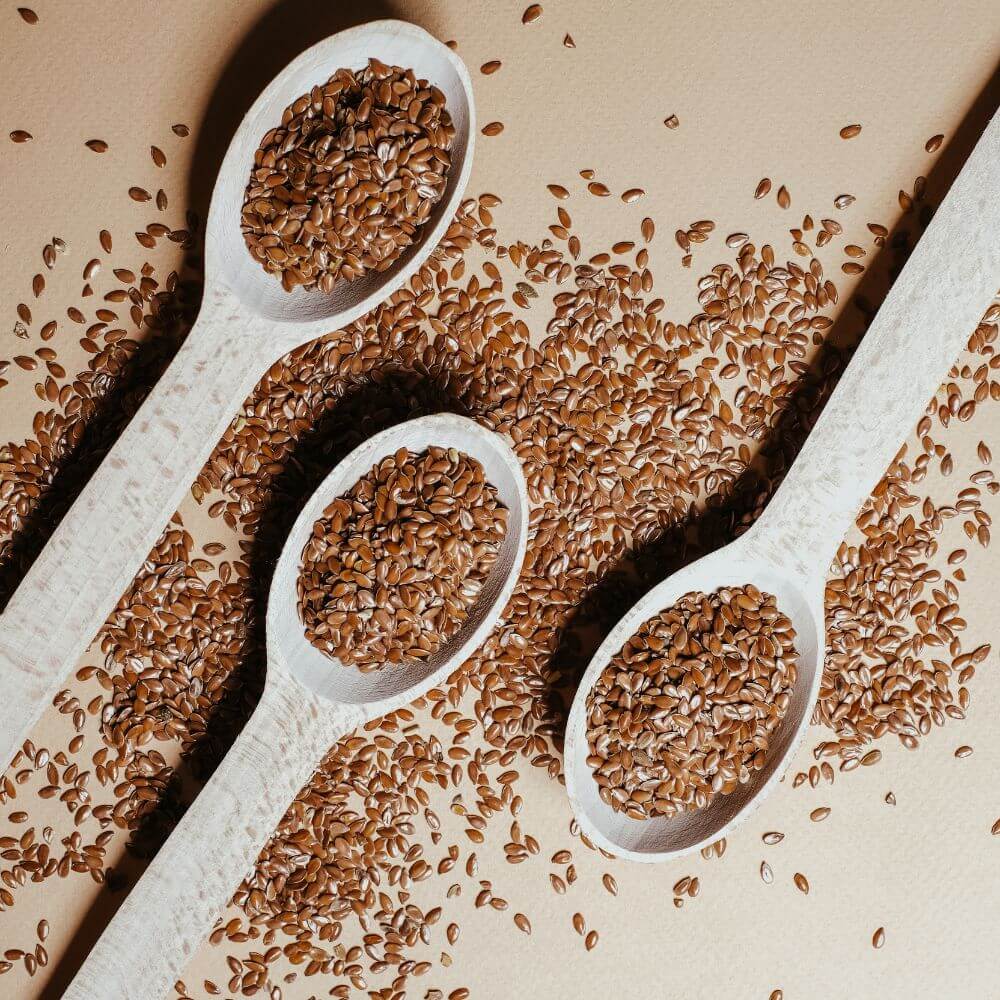
Melatonin-Rich Foods:
Eating food rich in melatonin is an easy and effective way to help promote healthy sleeping patterns. Eating foods like tart cherry, walnuts, and flaxseed can help your body to produce this essential hormone naturally, without relying on supplements or medications. Incorporating these foods into your nightly routine can also provide a wealth of other benefits for your overall health and well-being.
- Tart Cherries: These little red fruits are one of the best natural sources of melatonin, with a single serving of tart cherry juice containing the equivalent of around 2mg of melatonin. They can be eaten fresh, frozen, or dried, and also used to make juice, jams, and syrups.
- Walnuts: These nuts are not only a good source of melatonin but also a great source of healthy fats, protein, and other nutrients. They contain around 1mg per 100g of melatonin.
- Pineapple: This tropical fruit is also a good source of melatonin, with around 0.5mg per 100g. Pineapple can be eaten fresh, canned, or frozen, and is also a popular ingredient in smoothies, salsas, and other dishes. It is also a great source of bromelain which is great for digestion.
- Bananas: These fruits are a good source of melatonin, and also contain other sleep-promoting nutrients such as magnesium and potassium. They can be eaten fresh, frozen, or blended into a smoothie.
- Oranges: These citrus fruits contain a small amount of melatonin and also contain Vitamin C. They can be eaten fresh or juiced and are also often used to flavor desserts and marinades.
- Tomatoes: These fruits contain around 0.2mg per 100g of melatonin and also contain lycopene, an antioxidant that has been linked to better sleep. They can be eaten raw, cooked, or canned and are a popular ingredient in many dishes.
- Barley: This whole grain is a good source of melatonin, and also contains other sleep-promoting nutrients such as magnesium and tryptophan. It can be eaten as a side dish, used in soups and stews, or made into porridge.
- Flaxseed: This small golden or brown-colored seed that comes from the flax plant is a good source of melatonin. It is rich in antioxidants and contains small amounts of melatonin, as well as other beneficial nutrients such as omega-3 fatty acids, fiber, and lignans.
- Rice: This grain contains small amounts of melatonin and can be enjoyed in a variety of ways such as a side dish, in soups, or as sushi rolls.
- Milk: This dairy product contains small amounts of melatonin and also contains tryptophan, a sleep-promoting amino acid. It can be enjoyed on its own or used in a variety of recipes such as smoothies, sauces, and desserts.
- Goji berries: These small red berries contain high levels of melatonin, and also contain other beneficial nutrients such as antioxidants and vitamins.
- Oats: Whole oats contain small amounts of melatonin, and are also a good source of magnesium and tryptophan, which can help to promote sleep.
- Sweet potatoes: These root vegetables contain small amounts of melatonin, and are also rich in potassium, which can help to regulate blood pressure and promote relaxation.
- Chickpeas: These legumes contain small amounts of melatonin and are a good source of protein, which can help to promote feelings of fullness and satisfaction.
- Sesame seeds: These small seeds contain small amounts of melatonin and are also a good source of magnesium, which can help to promote relaxation.
- Mustard seeds: These seeds contain small amounts of melatonin and are a good source of magnesium, which can help to promote relaxation.
- Sunflower seeds: These seeds contain small amounts of melatonin and are also a good source of magnesium, which can help to promote relaxation.
- Lentils: These legumes contain small amounts of melatonin and are also a good source of protein, which can help to promote feelings of fullness and satisfaction.
- Eggplant: This vegetable contains small amounts of melatonin and also contains a compound called nasunin which is an antioxidant that may improve sleep quality.
- Fennel: This vegetable contains small amounts of melatonin and is also a good source of magnesium, which can help to promote relaxation.
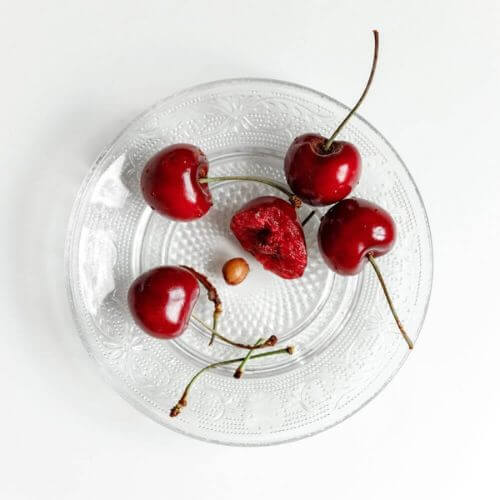
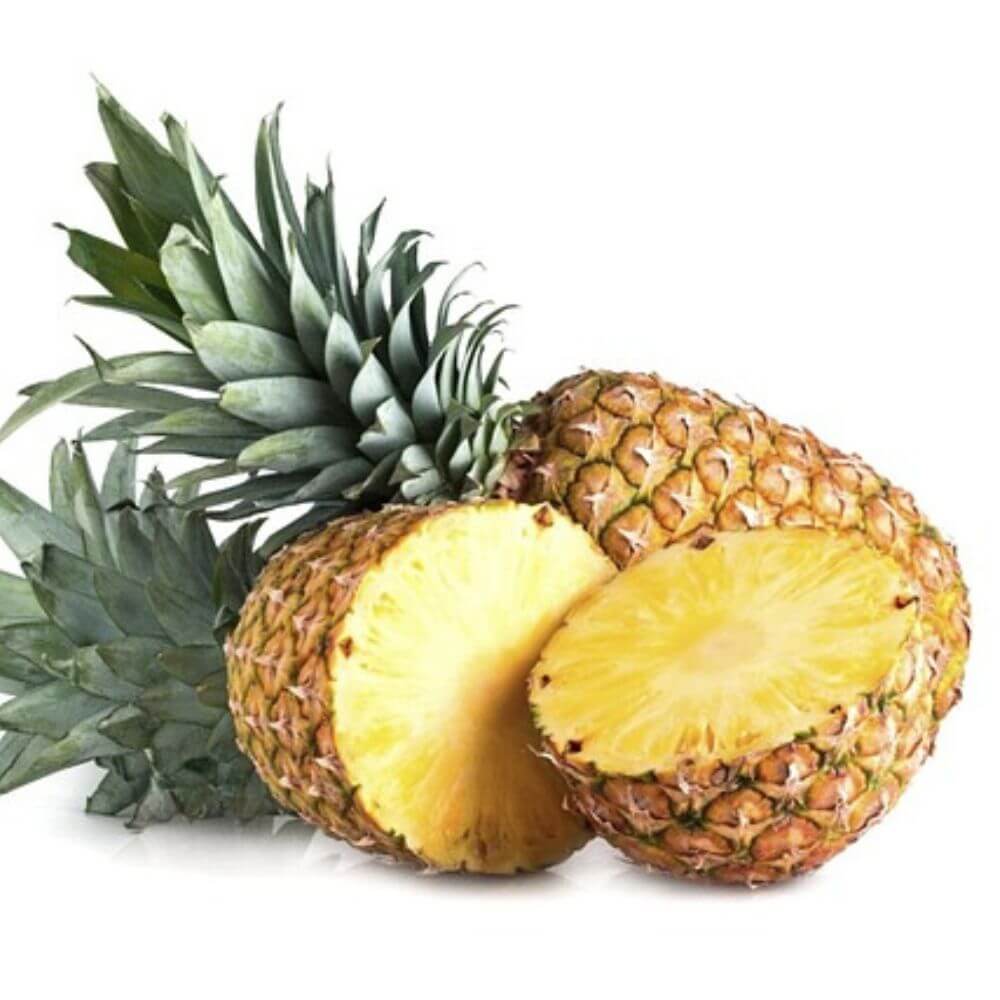
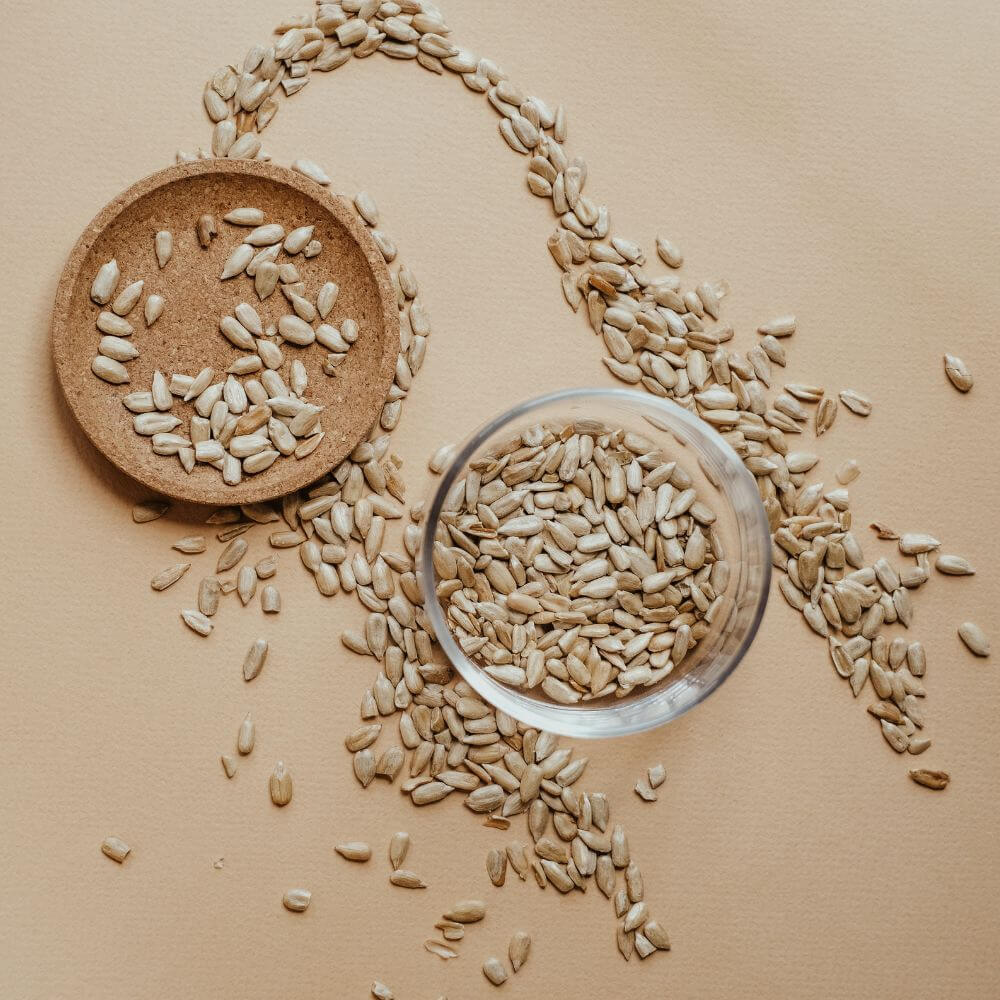
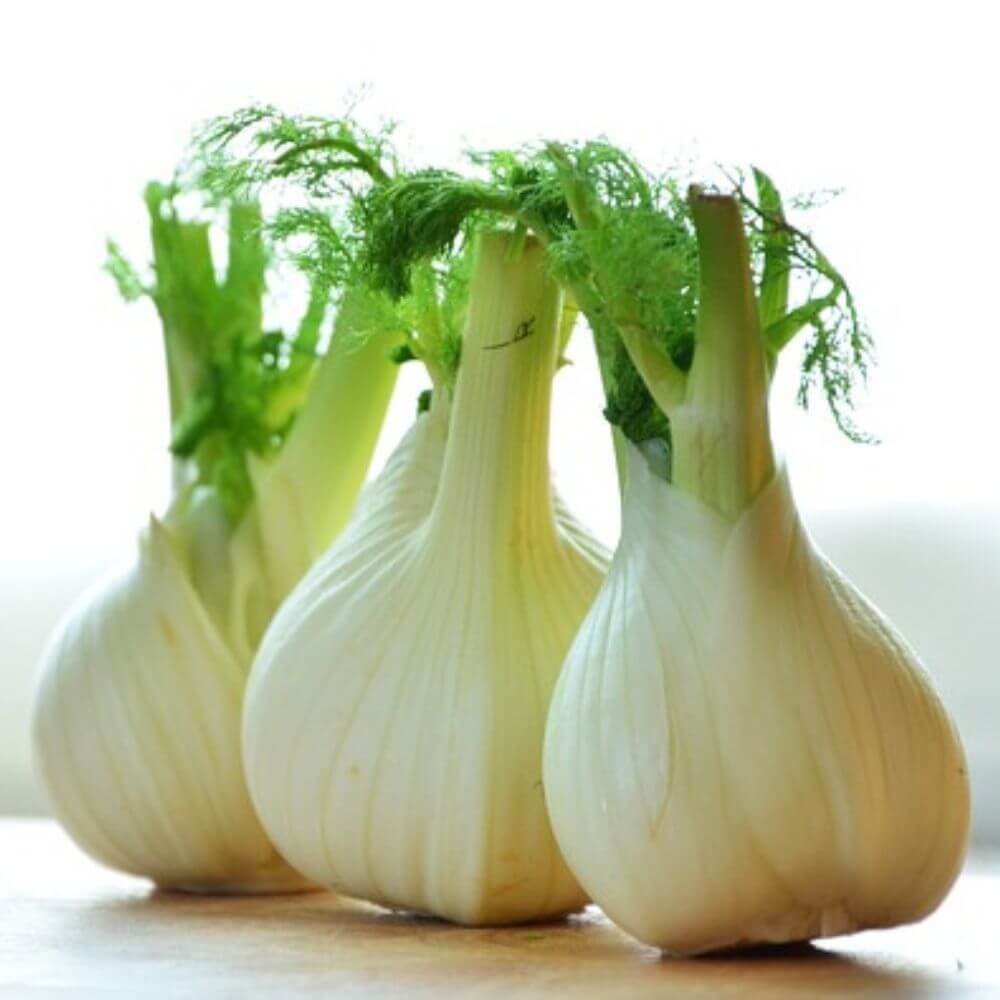
Other Tips For Improving Sleep Quality:
In addition to consuming melatonin-rich foods, other lifestyle and dietary changes can also improve sleep quality. Avoiding caffeine and electronics before bedtime, and practicing relaxation techniques such as yoga or meditation can all help to improve sleep. Establishing a consistent bedtime routine and creating a comfortable sleeping environment can also make it easier to fall asleep and stay asleep.
Conclusion:
Incorporating melatonin-rich foods into our diets can be a simple and delicious way to improve the quality of our sleep. Combined with other sleep-promoting habits, these foods can help us to get the restful and rejuvenating sleep our bodies need to function at their best. Try adding some of these foods into your night time routine and see if you notice a difference in your sleep quality tonight!
You Might Also Enjoy Reading This!
The Best Tart Cherry Supplements - Sour Taste & Sweet Support!
The Best Chamomile Tea - Tranquility Is Only A Cup Away!
Tart Cherry For Sleep - The Sweetest Way To Drift Off...
Will Chamomile Tea Help You Sleep The Night Away?
Disclaimer
Each of these products has been very carefully reviewed and selected by us at WellnessWishlist. All opinions in this article are our own, and we're proud to share them with you, however, all content is meant only to be informative and should not be taken as medical advice, nor used to diagnose, treat, and or prevent any health conditions. As Amazon associates we may collect compensation from the affiliate links on this page, through qualifying purchases (that's how we stay in business). We truly hope you enjoy finding the next addition to your WellnessWishlist!


